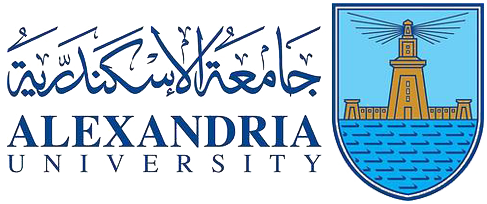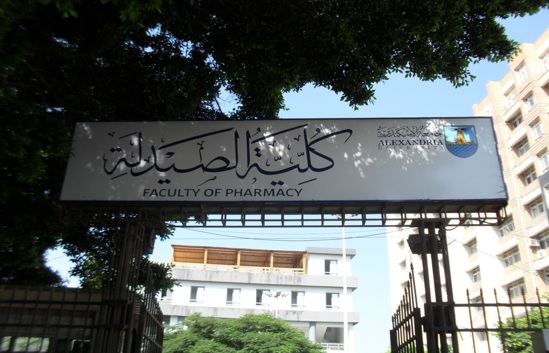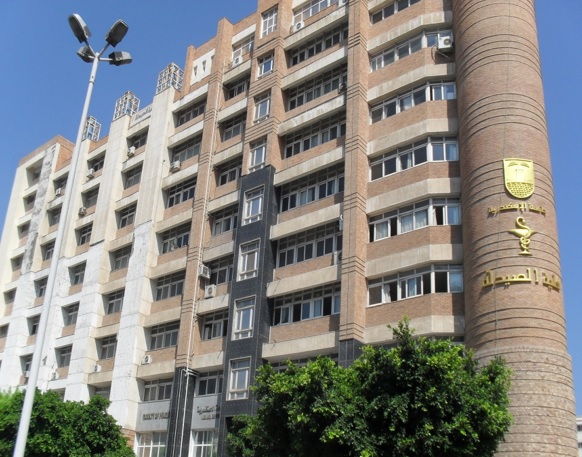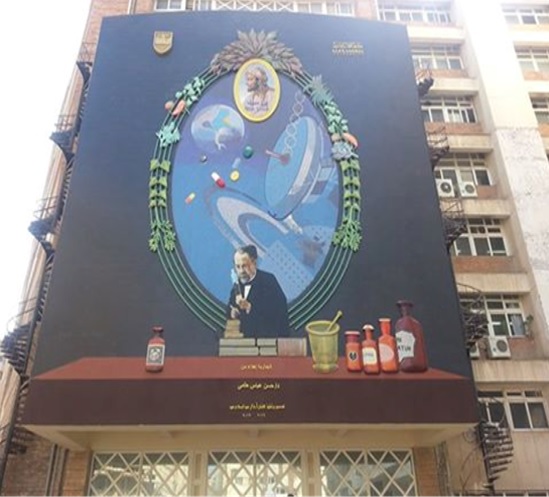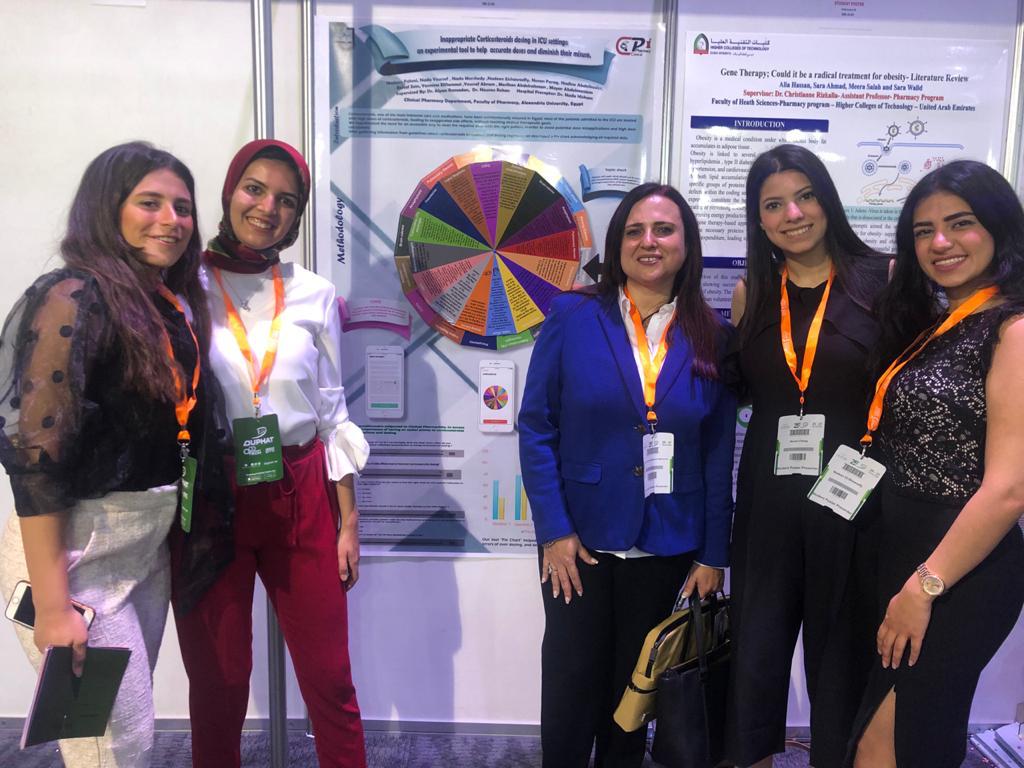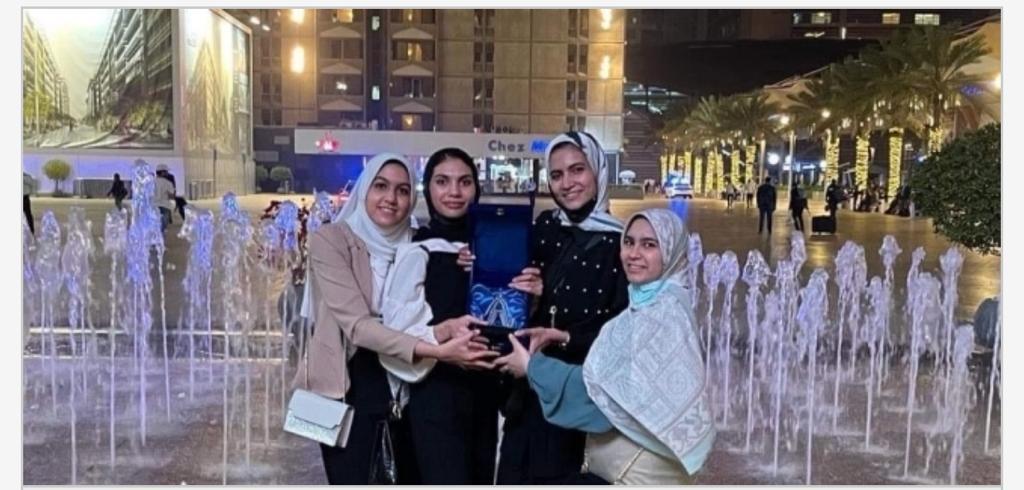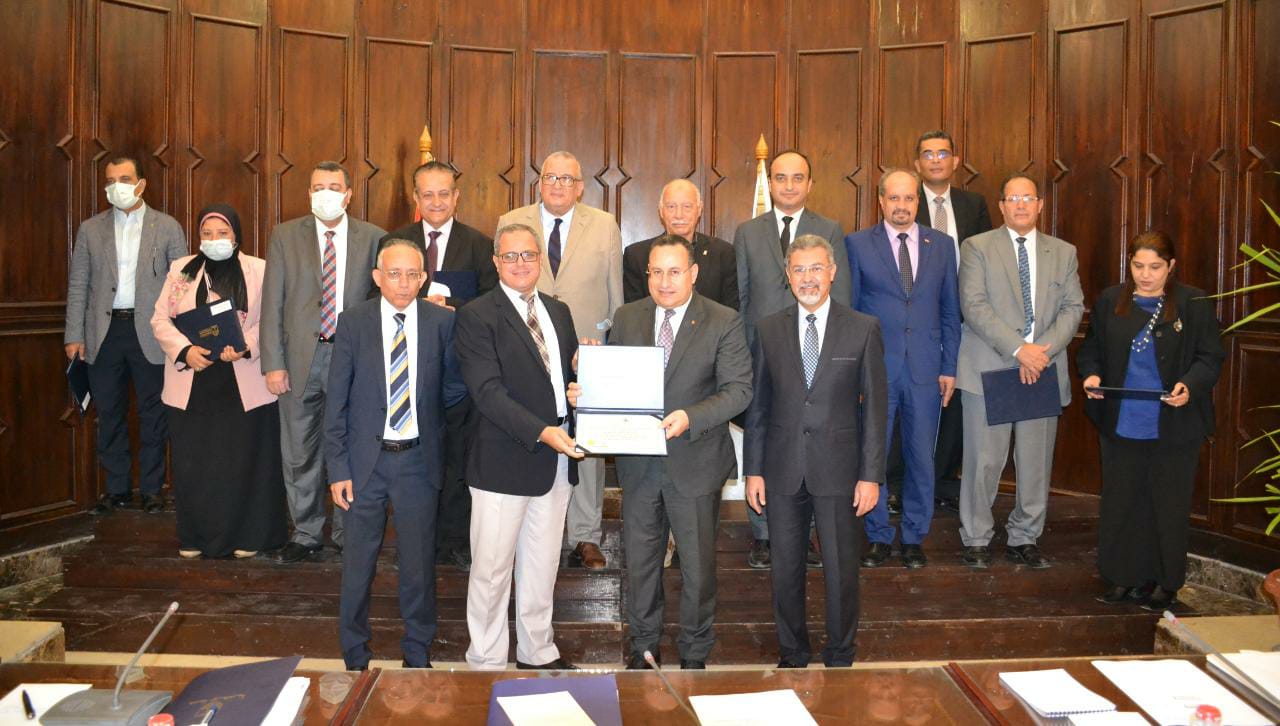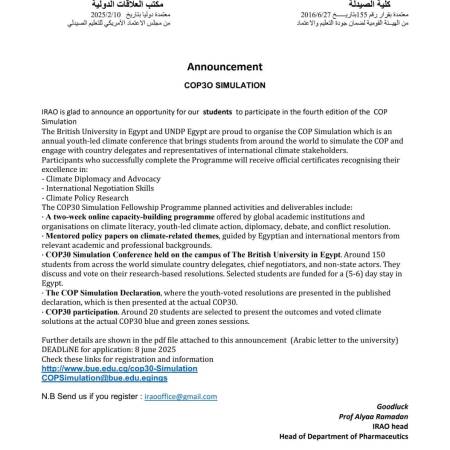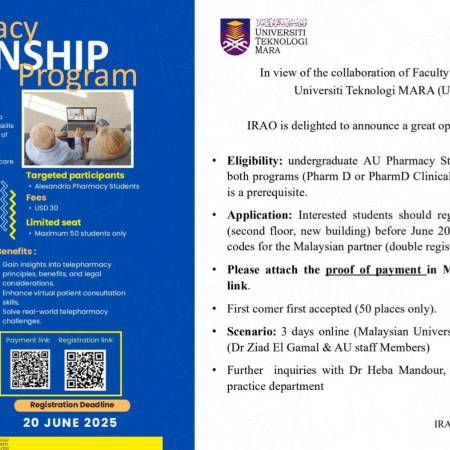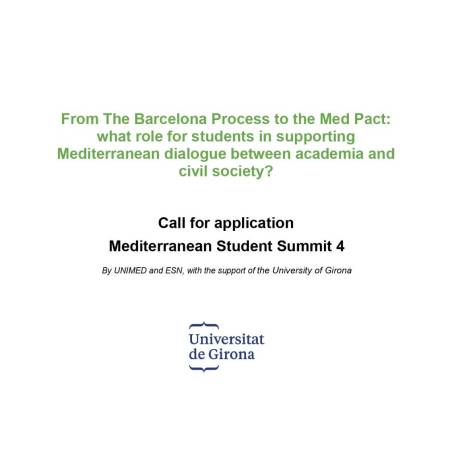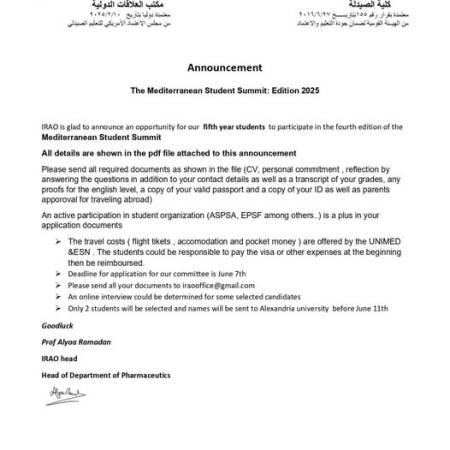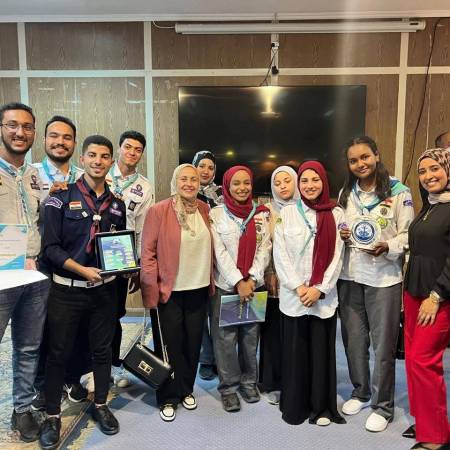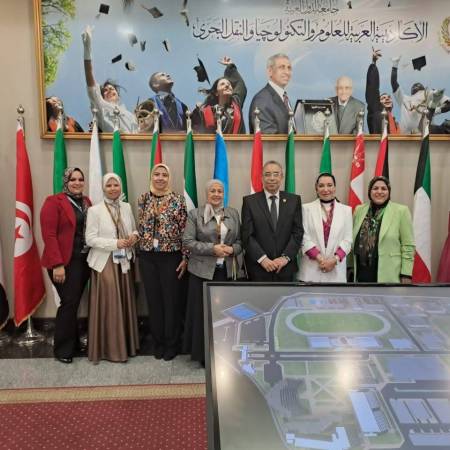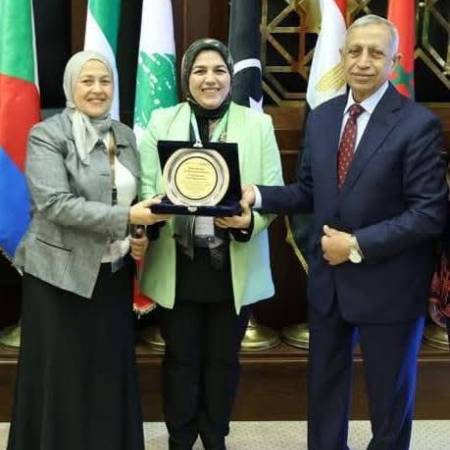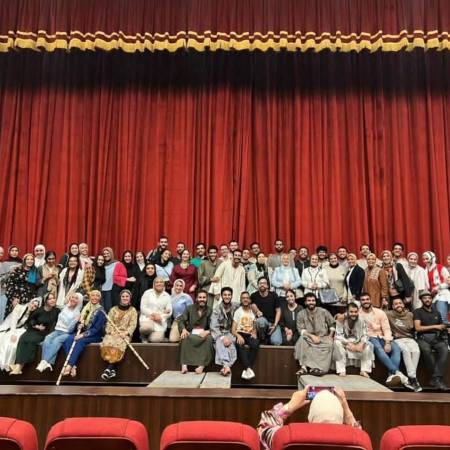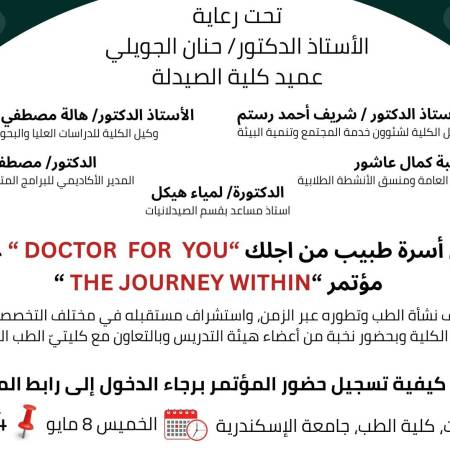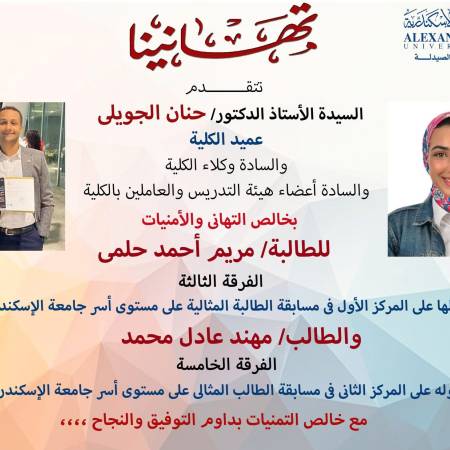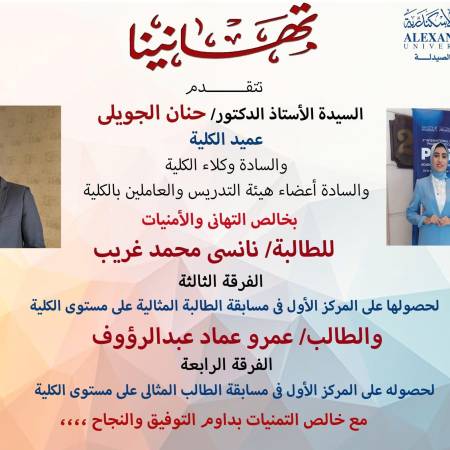First: Quality Support Committees
1-Questionnaires Committee:
This committee is responsible for the following :
Determine the required questionnaires based on the college’s needs.
Designing questionnaires based on the target group and the beneficiary.
Coordination between the concerned committees and students in distributing the questionnaires to the target group.
Analyzing survey results and writing reports for each questionnaire.
Presenting the results to the unit management after analysis and suggesting recommendations.
Continuous updating of questionnaires based on the results obtained.
Communicate with the various committees and departments to follow up the implementation of the recommendations.
2-Self-Study Committee :
This committee is responsible for the following :
Review the annual reports of the college in each academic year.
Carrying out self-study for the college according to the latest publications of the National Authority for Quality Assurance and Accreditation.
Fulfill all the data necessary for the self-study work by studying the self-study requirements, informing the different committees of their requirements, and collecting the self-study requirements from all the committees.
Writing the college self-study and preparing all its attachments.
Conducting the necessary comparisons to clarify the strengths and developing proposals for improvement for all aspects of work in the college through follow-up annual reports and self-study.
3-The Internal Audit Committee :
This committee is responsible for the following :
Evaluating the Quality Assurance Unit in terms of its human resources and equipment, and the diversity of experiences and skills of the groups in which it works.
Review the internal regulations of the quality assurance unit and review the extent to which the regulation defines the unit’s responsibilities, role and work mechanisms.
Developing work plans for the Quality Assurance Unit.
Follow up the implementation of the annual plans for self-evaluation, and the annual reports and corrective actions taken in accordance with the improvement and strengthening plans.
Follow up the activation of internal and external reviews in the scientific departments.
4-Training Committee :
This committee is responsible for the following :
Establishing a development plan for current and potential leaders.
Setting a plan to develop the capacities of the members of the administrative and technical apparatus / list of the programs that have been implemented and the number of participants in them.
Setting a plan to develop the capabilities of faculty members and the supporting staff.
Developing a plan for training students and graduates.
Follow up the implementation of training plans and prepare reports on them.
Follow up the implementation of cooperation agreements and protocols with community parties in the field of training .
Second: Accreditation Standards Committees
1-Strategic Planning Committee :
This committee is responsible for the following :
Proposing and updating the vision, mission and core values of the college, and the committee analyzes the gap to identify strengths, weaknesses, opportunities and risks to determine the strategic goals of the college in line with the university’s plan and the state’s vision for sustainable development and make the executive plan for it and follow it periodically to determine the completion rates .
Communicate with the beneficiaries inside and outside the college to discuss the vision, mission and strategic plan through interviews and questionnaires .
Follow up on announcing the vision and mission of the college through posters, publications of the college, and the college website.
Submit periodic reports on the achievement rates in implementing the strategic plan for the college administration.
Internal review of documentation and approval work in relation to strategic planning.
Participate in preparing the self-study / annual report of the college.
Participating in the unit’s periodic meetings and in preparing for follow-up visits by external auditors.
2-Leadership and Governance Committee :
This committee is responsible for the following :
Review and update the organizational structure in all sectors of the college and ensure that it is clear and announced to all concerned parties.
To propose and periodically review criteria for selecting leaders.
Follow-up to periodically evaluate leadership performance.
Developing a plan to develop the capabilities of the academic and administrative leaderships in the college.
Establishing an ethical charter for university work in all sectors of the college and spreading awareness about it.
Follow-up commitment to the ethical charter and the core values of the institution and follow-up equal opportunities and non-discrimination.
Awareness about intellectual property and its follow-up.
Review job descriptions for the various jobs in the college and make a job description booklet, update it, approve it and announce it.
Propose and follow-up mechanisms for solving problems in the college and evaluate the results of their implementation.
Follow up on the faculty announcing the information and regulations covering all its activities and updating them to ensure the college's credibility and transparency.
Internal review of documentation work on organizational structure and leadership.
Participate in preparing the self-study / annual report of the college.
Participating in the unit’s periodic meetings and in preparing for follow-up visits by external auditors.
Participate in implementing the college's strategic plan.
3-Quality Management and Development Committee :
This committee is responsible for the following :
Proposing the internal regulations of the Quality Assurance Unit and its organizational structure to contribute to the activation of its role and support its activities, and its approval by the College Board.
Make monthly and annual plans and reports for the activities of the Quality Assurance Unit, and databases for its activities.
Evaluate the faculty activities on a regular basis using objective performance indicators, appropriate tools, and internal and external reviews.
Discussing the results of the evaluation of the faculty activities with the concerned parties and in its official councils, in order to benefit from them in directing planning, corrective actions and development.
Follow up on developments in the field of quality assurance and accreditation and work to publish and introduce them within the college among students, faculty members and administrators.
Internal review of the documentation work of the Quality and Development Department.
Participate in preparing the self-study / annual college report.
Participating in the unit’s periodic meetings and in preparing for follow-up visits by external auditors.
Participate in implementing the college's strategic plan.
4-Faculty Members and Associate Staff Committee :
This committee is responsible for the following :
Periodic inventory for the preparation of faculty members and their assistants.
Studying the compatibility of the ratio of faculty members and the supporting staff to the number of students with the reference rates and setting plans to bridge the deficit and increase and the suitability of the scientific specialization of the faculty members with the academic courses they participate in teaching.
Follow-up of the teaching load of faculty members and the extent to which this is appropriate to allow time for faculty members and the assisting body for administrative and research tasks in addition to teaching.
Periodic follow-up of the implementation of college policies to deal with the deficit / surplus in the faculty.
Survey of job satisfaction for faculty members and the support staff.
Developing a plan to develop the capabilities of faculty members and the assisting body after studying training needs.
Establish a mechanism to evaluate the performance of faculty members and the assisting body, follow up on their implementation, inform them, and inform college leaders of the evaluation results in a way that contributes to developing the college’s performance.
Internal review of the documentation work of study schedules and calculating the teaching load.
Participate in preparing the self-study / annual report of the college.
Participating in the unit’s periodic meetings and in preparing for follow-up visits by external auditors.
Participate in implementing the college's strategic plan.
5-Administrative Apparatus Committee :
This committee is responsible for the following :
Supervising the work of a database of all college employees in all departments and departments of the college.
Study the adequacy and efficiency of employees based on their qualifications and distribution.
Satisfaction survey of college employees.
Polling the opinions of the beneficiaries of the performance of the administrative body.
Setting a plan for developing the members of the administrative body after studying the needs periodically.
Submit recommendations on the committee's work to management, and follow-up and monitor corrective actions.
Developing standards for evaluating employee performance.
Internal review of documentation work with regard to the administrative body.
Participate in preparing the self-study / annual report of the college.
Participating in the unit’s periodic meetings and in preparing for follow-up visits by external auditors.
Participate in implementing the college's strategic plan.
6-Financial and Material Resources Committee :
This committee is responsible for the following :
Preparing a paper and electronic database to document all college resources (human, material and financial) .
Continuous study of all resources and suggesting recommendations on increasing the college’s resources, developing a proposal for a resource development plan, and making a building guide, including a list of runways, classrooms, laboratories, the library, etc., and their spaces, capacity and specialized equipment.
Internal monitoring of security and safety measures.
Follow up the development and implementation of the college's periodic maintenance plans.
Internal review of documentation work with respect to college resources.
Participate in preparing the self-study / annual report of the college.
Participating in the unit’s periodic meetings and in preparing for follow-up visits by external auditors.
Participate in implementing the college's strategic plan.
7-Academic Standards and Educational Programs Committee :
This committee is responsible for the following :
Determine the academic standards adopted by the college and ensure their compatibility with the mission and goals of the college.
Review educational programs and ensure their compatibility with the adopted academic standards by preparing matrices that correspond to the targeted learning outcomes with the courses.
Preparing a database that includes approved descriptions of educational programs and courses for the undergraduate stage.
Polling the beneficiaries ’opinions regarding educational programs and teaching methods and their relevance to the requirements of the labor market and achieving the required skills.
Preparing a database that includes certified annual reports and reports of internal and external auditors on the courses and programs.
Follow up the reports of the external auditor of the program and decisions and follow up the implementation of audit recommendations.
Review course descriptions and make sure that they are updated regularly according to the results of the beneficiaries' opinions survey questionnaires, course reports, and internal follow-up.
Internal review of documentation work on educational standards and program activities.
Participate in preparing the self-study / annual report of the college.
Participating in the unit’s periodic meetings and in preparing for follow-up visits by external auditors.
Participate in implementing the college's strategic plan.
8-Teaching and Learning Committee :
This committee is responsible for the following :
Propose and follow up the implementation of teaching, learning and evaluation strategies that are consistent with academic reference standards and are appropriate to the targeted learning outcomes.
Proposing the development of teaching methods used through holding meetings and workshops with faculty members and the assisting body, and to ensure that they are consistent with the targeted education outcomes.
Follow up on student training programs and ensure that they are designed and described according to the intended learning outcomes of the educational program, and the necessary mechanisms and resources are available for their implementation.
Establishing mechanisms to ensure the effectiveness of training and its compatibility with the prescribed description.
Develop a plan to support academic advising, follow up on its implementation, and coordinate between faculty and students.
Establishing mechanisms to achieve communication with graduates and to know their needs in the field of continuing education and to maintain a permanent link with the college.
Follow-up of any amendments to the internal regulations of the college.
A survey of students and faculty opinions about evaluation methods.
Preparing and continuously reviewing the specifications of the examination paper for the undergraduate and postgraduate stages.
Coordination with the Measurement and Evaluation Unit to ensure that the grades assigned to the types of student evaluation are balanced with the intended learning outcomes to be measured and that the student evaluation process is managed efficiently and fairly, and the examinations are secured for their placement, copying and distribution to ensure their confidentiality.
Ensure that student evaluation mechanisms ensure fair correction and accuracy of grading and monitoring, and that results are kept secure and recallable.
Follow up the students' feedback on their performance in the exams (formative and final evaluation) and that the evaluation process supports their learning.
Establishing a mechanism to ensure that the results of students ’evaluation are used in developing educational programs, teaching and learning strategies, and evaluating in an institutionalized manner rather than in an individual form through coordination with the measurement and evaluation unit in the college.
Follow up on the announcement of the rules for dealing with students ’grievances from the evaluation results and ensure that they are documented and there are mechanisms to monitor their implementation.
Inventory of cooperation / partnership agreements documents with external parties (universities - training bodies, etc) .
Reviewing the examination management guide (undergraduate control regulation - examination paper specifications, etc.) and reviewing work controls for various undergraduate and postgraduate levels, control documents, forms of written examination papers, model answer documents and student answer sheets.
Review the annual reports of the Vice Dean for Education and Student Affairs.
Internal review of documentation work in relation to teaching, learning, training, students and alumni.
Participate in preparing the self-study / annual report of the college.
Participating in the unit’s periodic meetings and in preparing for follow-up visits by external auditors.
Follow up the implementation of the college's strategic plan.
9-Students and Alumni Committee :
This committee is responsible for the following :
Spreading awareness of quality culture among students in the college.
Follow up the activities and material and social support for students with the Youth Welfare Office and monitor what has been accomplished annually.
Ensure that the rules for admission, transfer and distribution of students to educational programs and majors are clear, fair, and announced by coordinating with the College's vice president for teaching and students.
Follow-up of the plan and mechanisms for attracting foreign students through coordination with the Vice Dean for Education and Students.
Participate with the questionnaires committee in designing appropriate means to measure students' opinions, and take the necessary measures to study them and benefit from the results in taking corrective actions.
Conducting courses for students for awareness and career guidance.
To propose and follow up mechanisms to follow up and communicate with graduates, and to create their own databases that are updated periodically.
Submit periodic reports to the board of directors of the Quality Assurance Unit on weaknesses and proposals for improvement for all evaluation processes and controls, and periodically follow up on the implementation of corrective actions.
Internal review of documentation work for students and alumni.
Participate in preparing the self-study / annual college report.
Participating in the unit’s periodic meetings and in preparing for follow-up visits by external auditors.
Participate in implementing the college's strategic plan.
10-Scientific Research and Scientific Activities Committee :
This committee is responsible for the following :
Developing a research plan for the college that is in line with the university’s plan, the needs of the community, and Egypt 2030 vision for sustainable development in line with the college’s potential.
Establish mechanisms to spread awareness and monitor the application of scientific research ethics.
Review the annual database of resources devoted to scientific research in the faculty.
Monitoring mechanisms to support and motivate scientific research, develop researchers' capabilities, develop self-resources for scientific research, and prepare reports on the progress of scientific research and its proportionality with the number of faculty members.
Monitor college policies to motivate faculty members, the assisting body, and students to participate in scientific and research activities, projects, and conferences.
Review databases for scientific research and activities.
A survey of researchers' opinions about the climate and possibilities of scientific research in the college.
Monitoring the activities of scientific conferences in the college.
8. Internal review of the documentation work on scientific research and scientific activities.
Participate in preparing the self-study / annual report of the college.
Participating in the unit’s periodic meetings and in preparing for follow-up visits by external auditors.
Participate in implementing the college's strategic plan.
11-The Graduate Studies Committee :
This committee is responsible for the following:
Follow-up of the announcement of the rules for admission and registration in graduate studies programs through the Office of the Vice Dean for Graduate Studies and the college website.
Preparing a database of course descriptions for graduate studies programs, updating it periodically, and ensuring its contribution to achieving the college’s mission and meeting the needs of the labor market.
Following up on the official councils to determine the academic standards adopted by the college for postgraduate studies and to ensure that they are consistent with the mission and goals of the college.
Reviewing postgraduate educational programs and ensuring their compatibility with the academic standards adopted by preparing matrices that correspond to the targeted learning outcomes with the courses.
Establishing mechanisms for periodic verification that registration and supervision of dissertations in postgraduate studies is carried out through specific and announced procedures, while adhering to the scientific specialization.
Analyzing the development of the number of students enrolled in higher studies programs, with determining the percentage of foreign students to benefit from the results, and taking appropriate decisions to develop the educational process, and setting up a mechanism to increase foreign students.
Participating in a survey of graduate students' satisfaction with the educational process and the programs they are registered in periodically and discussing the results to benefit from them in making appropriate decisions to increase the level of satisfaction.
Monitoring the financial and scientific support mechanisms for graduate students and making proposals to improve these mechanisms.
Preparation and continuous review of the examination paper specifications for the postgraduate stage.
Coordination with the Measurement and Evaluation Unit to ensure that the grades assigned to the types of evaluation of graduate students are balanced with the intended learning outcomes to be measured and that the student evaluation process is managed efficiently and fairly.
Ensure that the evaluation mechanisms of graduate students ensure fair correction and accuracy of setting and monitoring grades and keeping results secure and callable.
Establishing a mechanism to ensure that the results of the evaluation of graduate students are used in the development of educational programs, teaching and learning strategies, and evaluation in an institutionalized manner and not in an individual form through coordination with the measurement and evaluation unit in the college.
Follow-up of the annual reports of academic curricula and educational programs to ensure compliance with the declared description of academic courses, and to use them in setting improvement and development plans.
Internal review of documentation work in relation to graduate studies.
Participate in preparing the self-study / annual report of the college.
Participating in the unit’s periodic meetings and in preparing for follow-up visits by external auditors.
Participate in implementing the college's strategic plan.
12-Community Participation and Environment Development Committee :
This committee is responsible for the following :
Follow up the implementation of an annual plan for community service activities and environmental development, and periodically monitor activities.
Establishing a mechanism to determine the community’s needs (professional and academic) from the college’s activities and to follow up on their periodic achievement.
Polling the opinion of the beneficiaries in the community participation plan and identifying needs.
A survey of the beneficiaries' opinions on the graduate level annually.
Internal monitoring of the activities of the units that support community service.
Internal review of documentation work with regard to community participation.
Participate in preparing the self-study / annual report of the college.
Participating in the unit’s periodic meetings and in preparing for follow-up visits by external auditors.
Participate in implementing the college's strategic plan.
